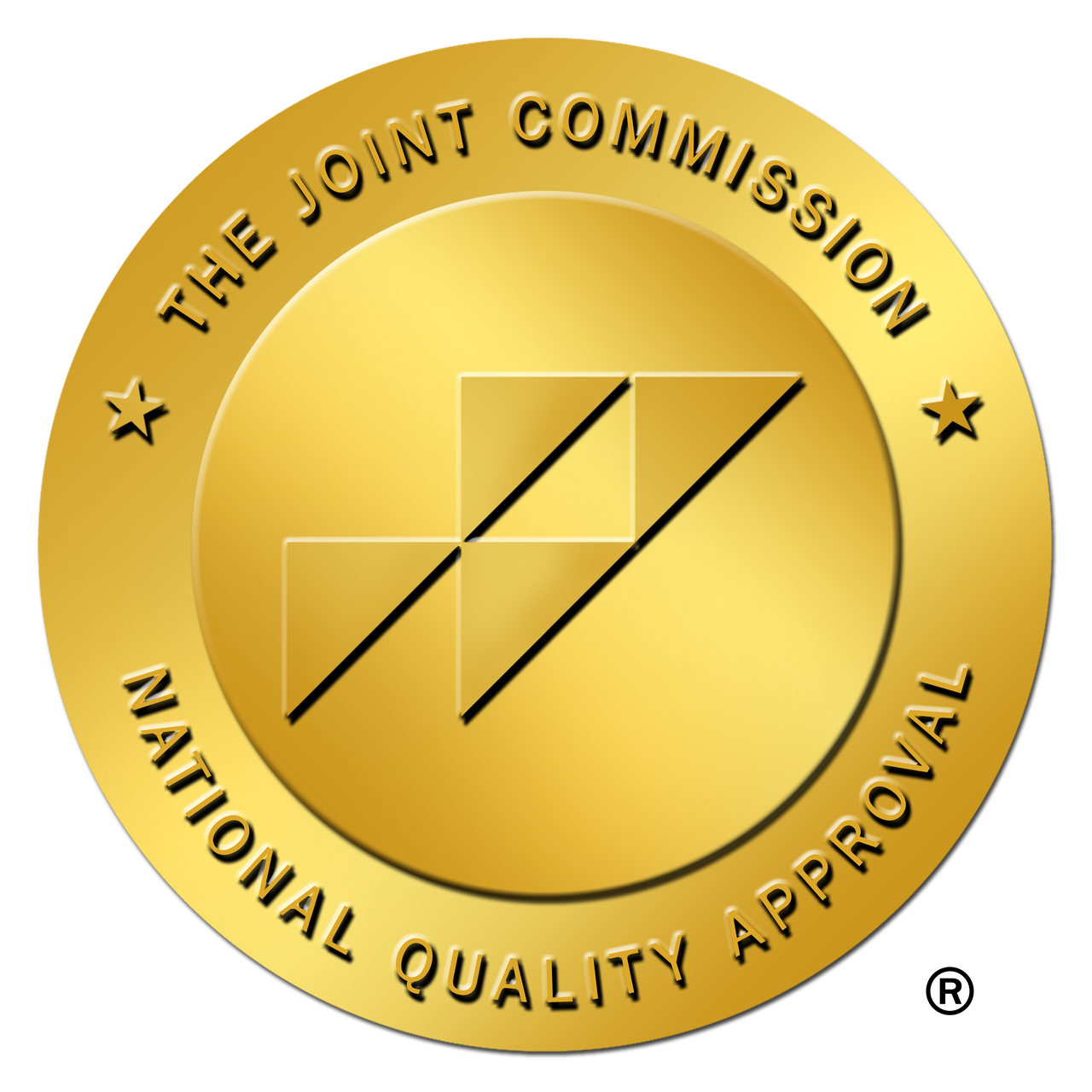Inpatient admission to rehab in Maryland is designed to support patients holistically. These treatment programs provide patients with a safe environment to detox, examine their trauma and possible dual diagnoses, and work toward finding healthy coping mechanisms. Therapy should become part of the fabric of the life of a person recovering from an addiction disorder. In an inpatient facility, patients have the opportunity for an immersive, multifaceted therapeutic experience.
Benefits of Therapy In Rehab
Recovery from substance abuse disorders is more than just the detoxing process, which only takes care of the physical recovery from drugs or alcohol. Therapy addresses the mental and emotional needs of an individual in recovery. Important reasons to have therapy in rehab include the following:
- Therapy is crucial for people with addiction disorders to identify the emotional triggers of drug use and develop new, healthy coping mechanisms.
- Inpatient treatment centers provide an opportunity for a patient to be removed entirely from the stressors in life that may contribute to drug use. For example, financial stress, complex relationships, work issues, and family conflict all are removed in an inpatient facility. In a controlled, peaceful inpatient environment, a patient can focus solely on recovery without having to physically face the stress in their lives until they are ready.
- A seamless transition between detox and therapy supports patients’ complete well-being. Inpatients can receive uninterrupted physical, psychological, and emotional support, and they can build relationships with their doctors and therapists throughout the rehab experience.
- Patients addicted to multiple substances, long-term sufferers of addiction, or people with co-occurring mental illnesses have access to diverse support, medication management, and various therapies that work in concert.
Types of Therapy in Rehab
In an inpatient setting, patients stay in the rehab facility after their detox period to participate in various therapeutic programs. The goal of these therapies is to help patients change their attitudes and behaviors around drug use. The following are common forms of treatment used during inpatient drug rehab in Maryland.
- Motivational interviewing is used to prepare a person before they begin to detox and start long-term therapy. Such therapy encourages a person to approach detox and subsequent treatment with a positive, hopeful attitude. Often the therapist helps motivate patients to remember their values and beliefs and encourages the patient to imagine themselves resisting drug use when tempted.
- Cognitive Behavioral Therapy (CBT) encourages people with addiction disorders to identify negative, destructive thoughts and replace them with constructive ones. Patients learn to identify situations that trigger the urge to use drugs, and how to practically navigate those scenarios.
- Rational Emotive Behavior Therapy (REBT) helps patients identify destructive behaviors and replace them with healthy actions. REBT is well known for helping patients who struggle with intense emotions to achieve a balanced outlook. As strong emotions often precede the urge to use drugs, REBT is particularly focused on emotional regulation.
- Multidimensional Family Therapy encourages patients to discuss their drug use with their families; specifically, they are encouraged to see how their drug use has affected their loved ones. This is also an opportunity for a therapist and patient to guide family members in adopting specific scripts and behaviors that will support the patient's sobriety.
- Trauma Focused Therapy acknowledges that trauma is at the heart of many addiction diseases. To address this historical wounding, trauma-focused therapy is employed to help a client find security in all aspects of their lives. Patients are supported to build healthy habits of cognition, behavior, and interpersonal relationships.
REHAB IN MARYLAND FOR SUBSTANCE ABUSE DISORDERS
Spending enough time in treatment is a significant factor associated with successful recovery. Inpatient facilities support patients beginning with detox, through therapy, and into their sober lives within a community. Therapy in an inpatient environment is crucial to a rehab patient's long-term happiness and success. If you or someone you love is suffering from an addiction disorder, contact us at The Valley, Maryland, to discover how inpatient rehab and therapy could be the first step toward recovery.

 ® The Valley®
® The Valley®



